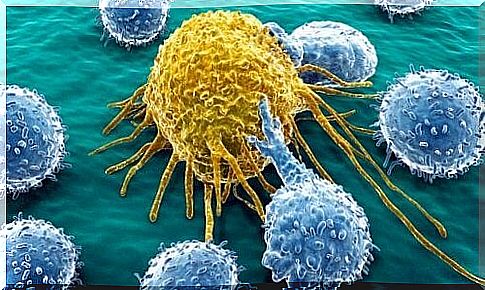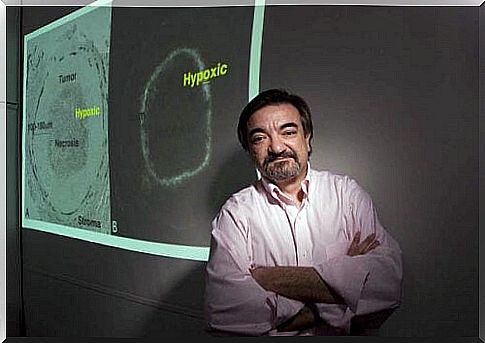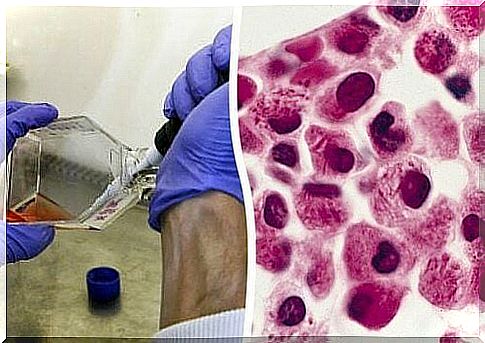A New Molecule Created To Treat Cancer Of The Cervix And Pancreas

Stanford Medicine College at Stanford University in California has developed something amazing. They have designed a molecule that can be one of the best remedies to fight cancer of the cervix and pancreas… And it can do so in just a few months. In this article, we are going to talk about a new molecule created to treat cancer of the cervix and pancreas.
Currently, the molecule is still being tested. But the results from the tests that have been done on mice are very positive. The molecule functions at an appealing level. It not only stops the development of cancer, but it also causes regression.
The study has been published in several sources, including Stanford Medicine. Researchers are full of hope that we can find a cure for these major diseases in the near future.
A “baseball glove” against cancer of the cervix and pancreas
They call the molecules “baseball gloves.” This is due to both how it shows itself and how it works. First, it uses bait to “capture” the cancer cells. Then it removes them from the game, much like a baseball glove.
Amato Giaccia is the director of this significant study. He and his team are trying to find new practical focus areas in the treatment of cancer of the cervix and pancreas.
- Both of these diseases are usually difficult to detect in the early stages. They also tend to develop very quickly.
- Tumors appear in the cervix or on the pancreas. When these tumors are detected, the affected part of the organ is usually surgically removed.
- After that, the patient undergoes treatments with chemotherapy and radiation.
- The therapists are generally very aggressive. The patient becomes very weak. Unfortunately, these treatments also do not eliminate the risk of the cancer coming back.
Now let’s look at how this molecule works and how it may possibly change medications and treatments for cancer.
The molecule that removes cancer cells from the game

As we mentioned, both cancer of the cervix and the pancreas develop very quickly. At the moment the patient is diagnosed, other organs may already be affected by the cancer.
- Spread of cancer is a major challenge for researchers. It is also a source of anxiety for the family and the patient.
- Until now, most medical studies focus on finding a way to slow the development of cancer in order to give the patient a good quality of life back.
- However, the doctor, Amato Giaccia, and his team have developed a molecule that not only stops the growth of the tumor, but also causes regression.
The molecule acts as bait. It combines it with a protein from the sixth gene, and then stops the growth of the tumor and at the same time destroys the tumor.
- It does this by stopping the function of the tyrosine kinase receptors. It is an important part of the survival and growth of tumor cells.
- This molecule, also called the “baseball glove,” can make the patient completely immune. This is especially the case if the treatment is combined with chemotherapy to get a more effective treatment.
In doing so , this molecule destroys the tumor and the disease regresses.

Expectations for the future
The research is still at an experimental level. So far, only results from animal tests have been obtained.
We are still waiting for the long-awaited leap to clinical trials. After all, many patients with cancer of the cervix and pancreas are waiting for a cure for their disease.
Currently, this molecule has been called MYD1-72. Researchers hope it can provide the following benefits:
- It can be given as a less aggressive secondary therapy. Patients’ kidneys and immune system will not be so affected by the treatment with this molecule.
- MYD1-72 has had a 95% success rate for diseases that are not in the advanced stage in animals.
- In the case of advanced and widespread cancers, the success rate is 51%. In more serious cases, however, doctors would still choose a combination with chemotherapy to reduce the cancer’s ability to function.

Clinical trials will begin in the near future.
The hope is that the results will be very positive. The researchers responsible for this study have also planned the development of new molecules or “baseball gloves” to treat other cancers.
In the meantime, we will wait for new progress.









